Over 10% of Uzbekistan’s waste is plastic, but recycling capacity remains insufficient – Ministry of Ecology
Uzbekistan generates 10.2 million tons of waste annually, with plastic accounting for 10.3% of this total. In 2022, the volume of plastic waste was 2.5 times higher than in 2013. The largest consumers of plastic are the packaging sector, the transport industry, and the construction sector, according to an inventory conducted by the Ministry of Ecology.
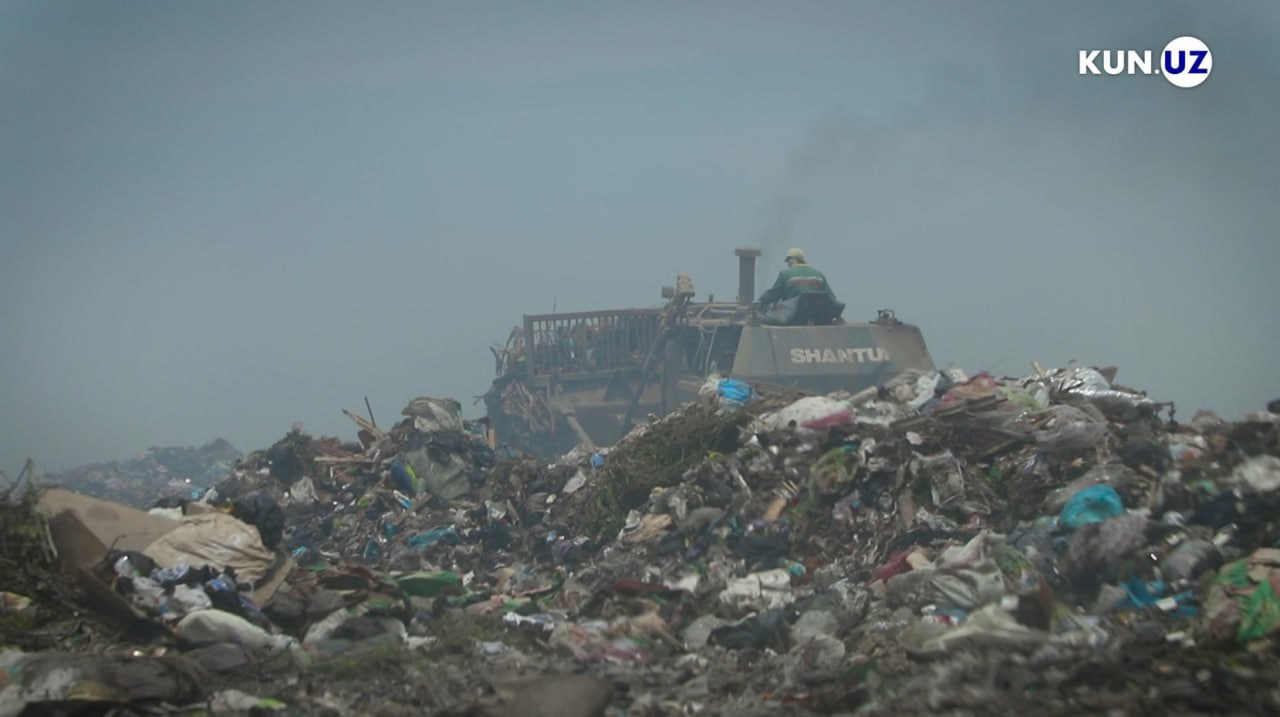
Photo: KUN.UZ
The Ministry of Ecology, Environmental Protection, and Climate Change of Uzbekistan, together with the Center for Sustainable Development, conducted an inventory of plastic waste in the country as part of the "Plastic Waste in Remote and Mountainous Areas" project, the ministry's press service reported.
The project is being implemented with the support of the secretariat of the Basel, Rotterdam, and Stockholm (BRS) Conventions — international agreements aimed at protecting the environment and human health from hazardous chemicals and waste.
Plastic is popular due to its durability and low cost, and it is widely used in various industries, including packaging, textiles, construction, and medicine. However, its longevity and resistance to decomposition have led to an escalating environmental crisis, the report states.
In Uzbekistan, the problem of plastic waste is exacerbated by rapid economic growth, urbanization, and the development of industries that heavily rely on plastic.
Conducting an inventory of plastic waste is one of the key tools for assessing the current situation and developing waste management strategies. "The inventory allowed us to evaluate the volumes of plastic entering the market, its usage and recycling pathways, as well as the scale of waste generation. This process has become an essential tool for analyzing the situation and formulating long-term waste management strategies," the Ministry of Ecology stated.
Increasing plastic consumption and waste
The results of the study revealed a significant increase in the volume of plastic used in Uzbekistan’s economy. The packaging sector remains the largest consumer of plastic, accounting for 22.1% of all plastic entering the market in 2022. The transport sector ranks second with a share of 24.9%, followed by the construction sector at 22.2%. Together, these three industries consume over 69% of all plastic in the country. This distribution is largely due to plastic’s broad range of applications, from single-use packaging and transport components to durable construction materials.
As plastic consumption grows, so does the volume of plastic waste. In 2022, the amount of plastic waste reached 249,200 tons — 147% more than in 2013. Packaging remains the primary source of waste, accounting for 192,100 tons. This is due to the short lifespan of packaging materials, which are typically discarded immediately after use. In contrast, waste from the transport and construction sectors grows more slowly, as plastic products in these industries have longer lifespans.
Uzbekistan generates 10.2 million tons of municipal solid waste annually, with plastic waste making up 10.3% (1.05 million tons) of this total.
Plastic production enterprises operate in almost every region of the country, manufacturing products such as plastic tableware and bags. The widespread use of plastic items, including polyethylene bags, is evident among the Uzbek population, the Ministry of Ecology noted.
Additionally, Uzbekistan imports significantly more plastic products than it exports. In 2023, the country imported 158,500 tons of plastic goods worth $487.5 million, while exports amounted to 47,300 tons worth $90.1 million. The share of plastic imports in 2023 increased by 54.6% compared to 2020.
Challenges in plastic waste management
The inventory identified several systemic problems hindering effective plastic waste management, according to the Ministry of Ecology.
First, the country's recycling infrastructure requires development. The limited number of recycling facilities reduces the capacity for effective waste disposal, particularly for key polymers such as polyethylene, polypropylene, and polyethylene terephthalate (PET).
Second, the absence of a waste segregation system significantly complicates the efficient use of existing recycling capacities. A low level of environmental awareness among the population further exacerbates the problem: many people are insufficiently informed about the importance of waste sorting and the negative consequences of plastic pollution, the ministry emphasized.
The ministry highlighted the need for infrastructure development to effectively manage plastic waste. Expanding the number of recycling enterprises, especially those focused on polyethylene, polypropylene, and PET, would significantly reduce the volume of waste sent to landfills and improve the economic viability of recycling.
Developing a waste segregation system would enhance the quality of recyclable raw materials, lower sorting costs, and accelerate the recycling process, the ministry stated.
Additionally, educational campaigns aimed at increasing environmental awareness among the population are necessary. These could include informational programs as well as practical initiatives, such as waste sorting programs in schools and workplaces.
Legislative measures and investment opportunities
According to the ministry, improvements to the legislative framework are also needed, including:
- Introducing mandatory quotas for plastic recycling and restrictions on single-use plastic products;
- Gradually banning the production and import of plastic items and packaging, especially those containing harmful chemicals and dyes;
- Implementing extended producer and importer responsibility systems;
- Encouraging manufacturers and importers to produce environmentally friendly alternatives (such as biodegradable, paper, knitted, or cotton products) to replace plastic goods and packaging.
Creating favorable conditions for investors in the recycling sector will help develop the industry and implement advanced technologies, the ministry stated.
It is worth noting that Uzbekistan is already taking steps to improve the situation, including the introduction of waste segregation, restrictions on the production and use of certain types of plastic, and the expansion of recycling capacities.
The results of the plastic waste inventory will be uploaded to the official website of the Basel, Rotterdam, and Stockholm Conventions.
Related News
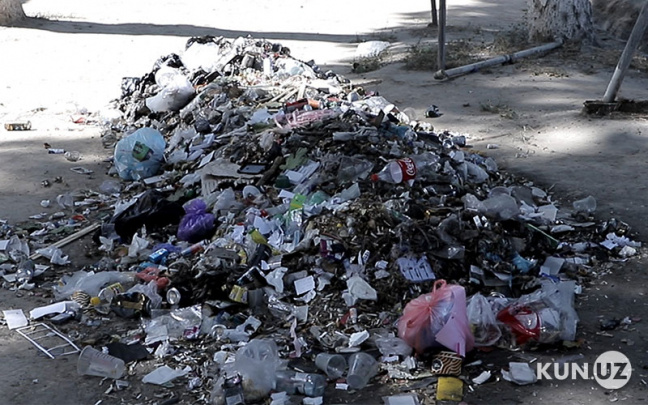
13:28 / 13.03.2025
Tashkent launches raids against illegal waste dumping
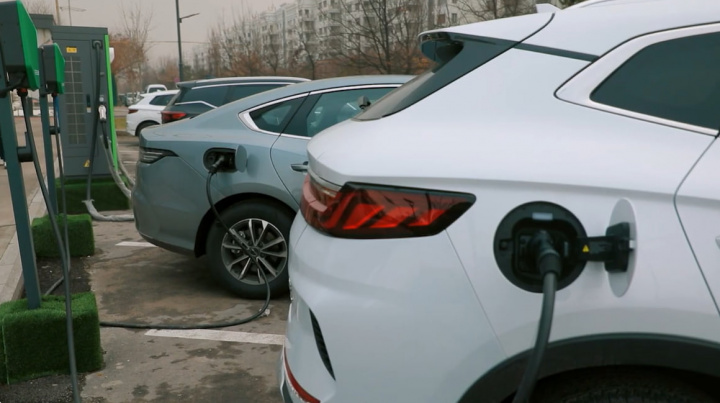
14:33 / 08.03.2025
Rising utilization fees may undermine Uzbekistan’s fight against air pollution
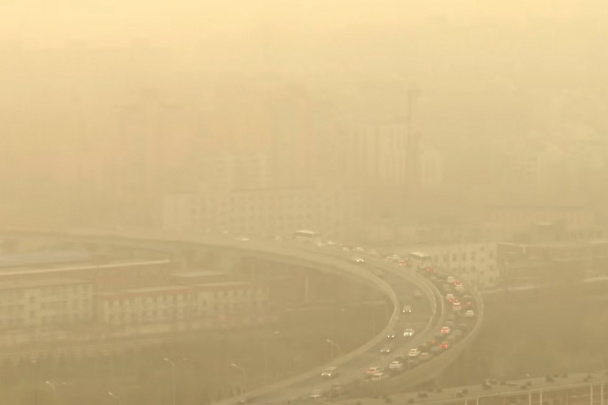
12:03 / 07.03.2025
U.S. embassies to stop sharing air quality data amid budget cuts
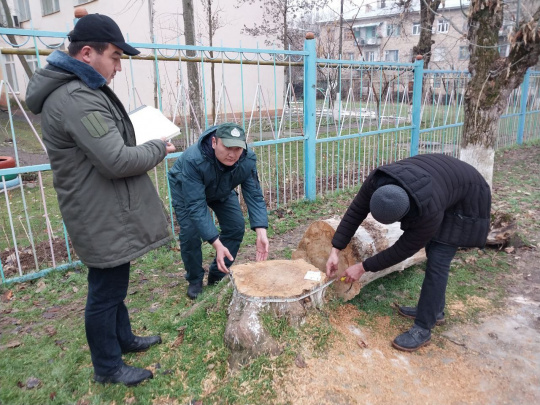
18:17 / 06.03.2025



